Voting from space? Five US election facts you won't expect
- Published
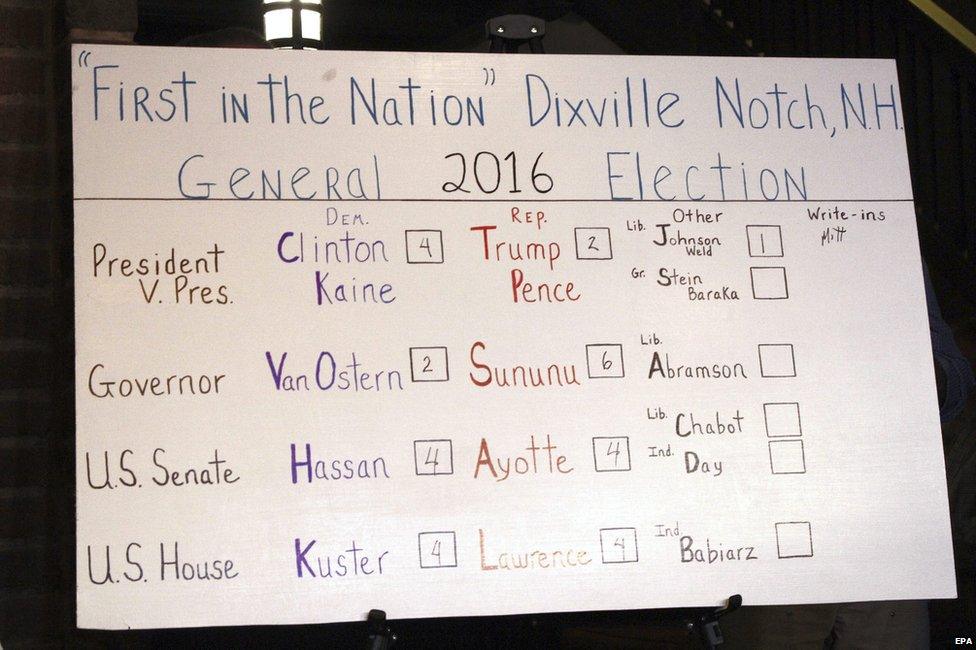
Americans are choosing between Hillary Clinton and Donald Trump as voting takes place in the US presidential election.
The 50 states and Washington DC vote across six different time zones.
If you're planning to stay up late, the time to watch out for is 23:00 EST (04:00 GMT). That's when West Coast polls close and history suggests a winner's declared.
Here are five things to watch out for and here are five weird but true facts.
A small New Hampshire village is always the first to vote
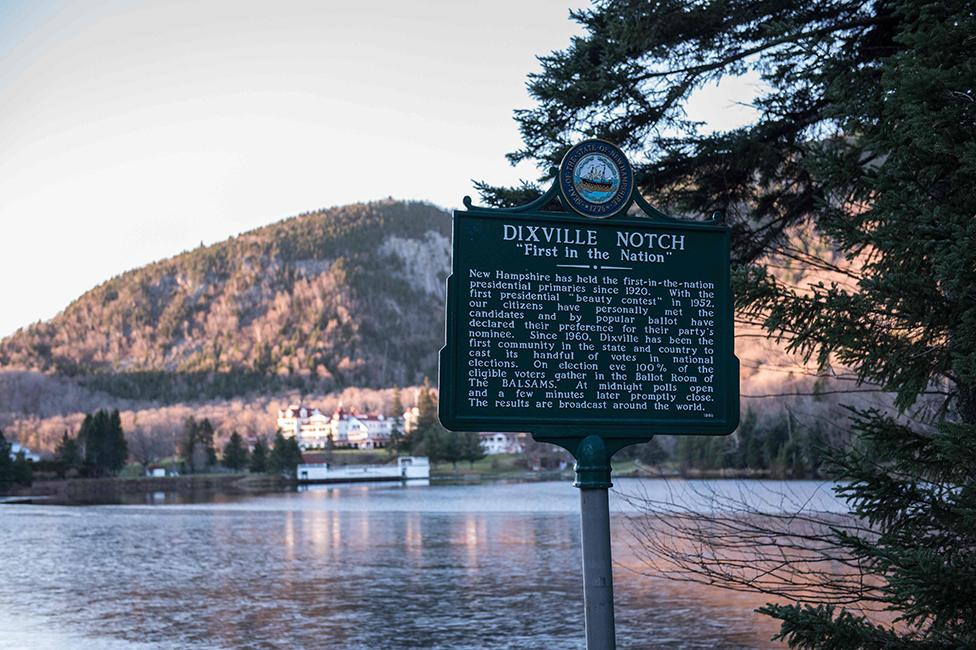
Since 1960, the voters of Dixville Notch have always cast America's first ballots at the stroke of midnight.
This year five men and two women voted and an eighth person chose by absentee ballot - America's version of the postal vote.
Hillary Clinton beat Donald Trump four to two, with one vote going to another presidential candidate - Gary Johnson.
Two other hamlets in New Hampshire also voted at midnight.
A US astronaut has cast his vote from space
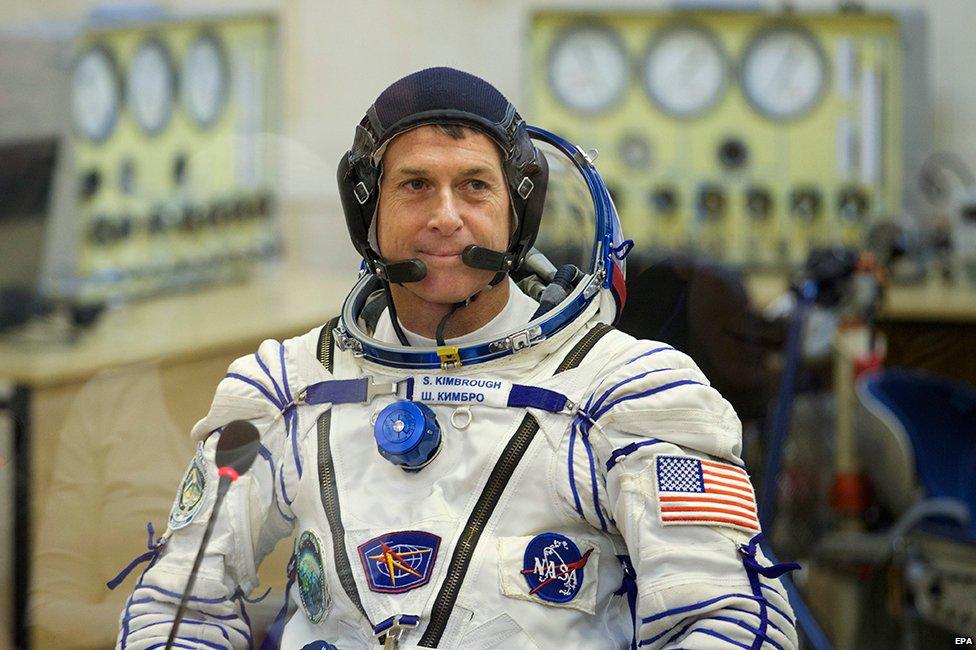
Nasa astronaut Shane Kimbrough is on the International Space Station at the moment, so he would have struggled to get home to vote on time.
Instead he cast an absentee ballot via mission control in Houston, Texas, on a "secure electronic ballot" from the county clerk to the space station, external.
Fellow astronaut Kate Rubins also cast her vote from space a few weeks ago, before she returned to Earth a week last Sunday.
A law was passed in 1997 in Texas to allow them to vote when they're away from Earth.
David Wolf was the first American to vote from space in the same year.
America's House of Representatives can elect the president
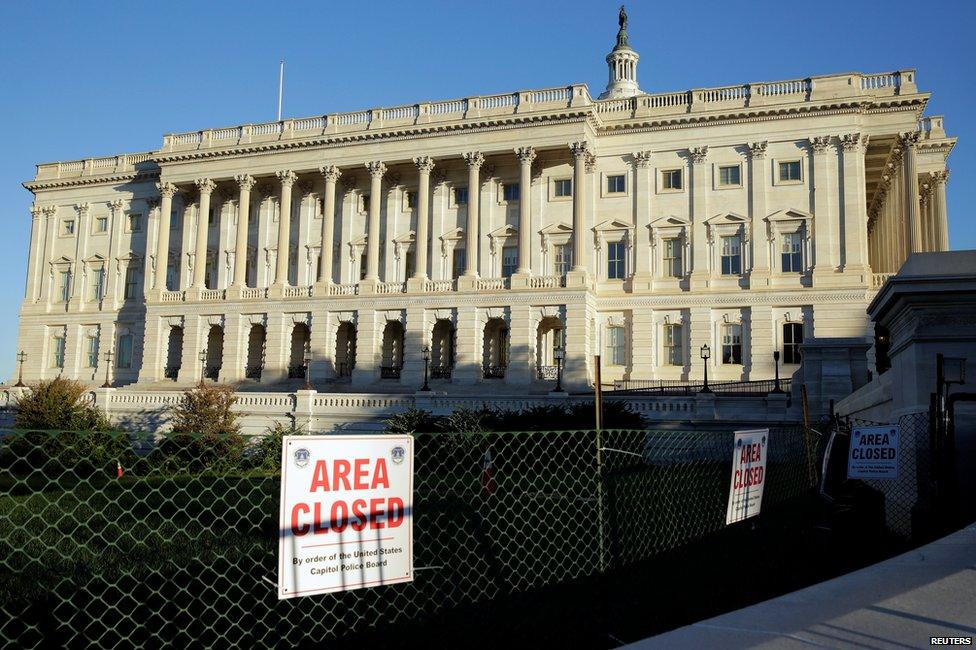
While everyone's away campaigning, the House of Representatives is having some work done on it
If no candidate gets a majority of electoral college votes, which is how the US decides who's going to be its president, then the 12th amendment to the US constitution comes into play.
It's based on votes from state delegates in the House of Representatives (there are 435 at the moment) - so the party with the most delegates would probably have its candidate elected.
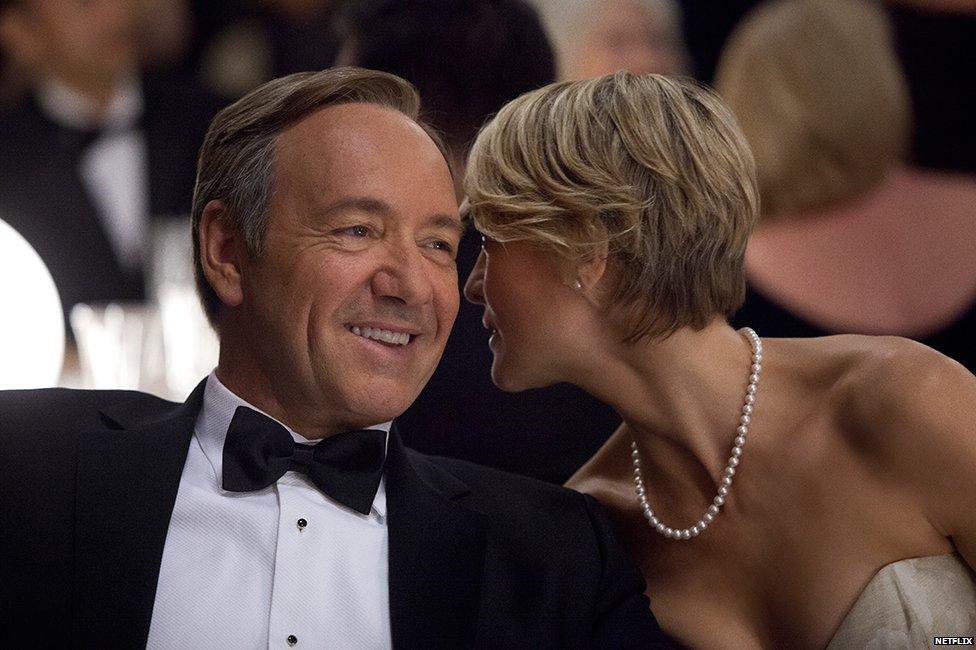
If you watch House of Cards, Kevin Spacey's character Frank Underwood is one of the state delegates for South Carolina in the first series.
The vice-president would be chosen by the Senate.
It's only happened once since 1804 - when four people split the vote. Second-place finisher John Adams became president over first-place finisher Andrew Jackson.
The election is always on the first Tuesday after the first Monday in November
Ever since 1845, the US election has been held on this day.
Many people say it was decided because it was after the harvest in the autumn and not too close to winter, when travelling to vote might be harder because of bad weather.
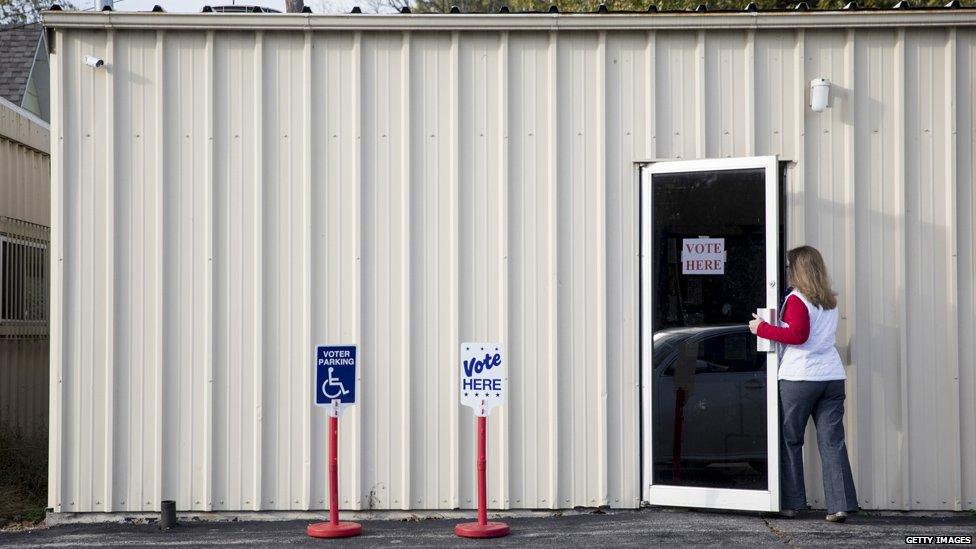
Tuesday was also traditionally the day before market day, meaning farmers could travel to their county seat to vote one day and then ride back to sell their goods nearer home.
But official documents show the reason was much more boring than that - it basically narrowed the date down from a possible range of more than 34 to six days.
So the US election will always be between 2 and 8 November on years you can divide by four.
Lots of people can't or don't vote in US elections
People in permanent US territories - Puerto Rico, Guam, Northern Mariana Islands, the US Virgin Islands and American Samoa - can't cast a ballot.
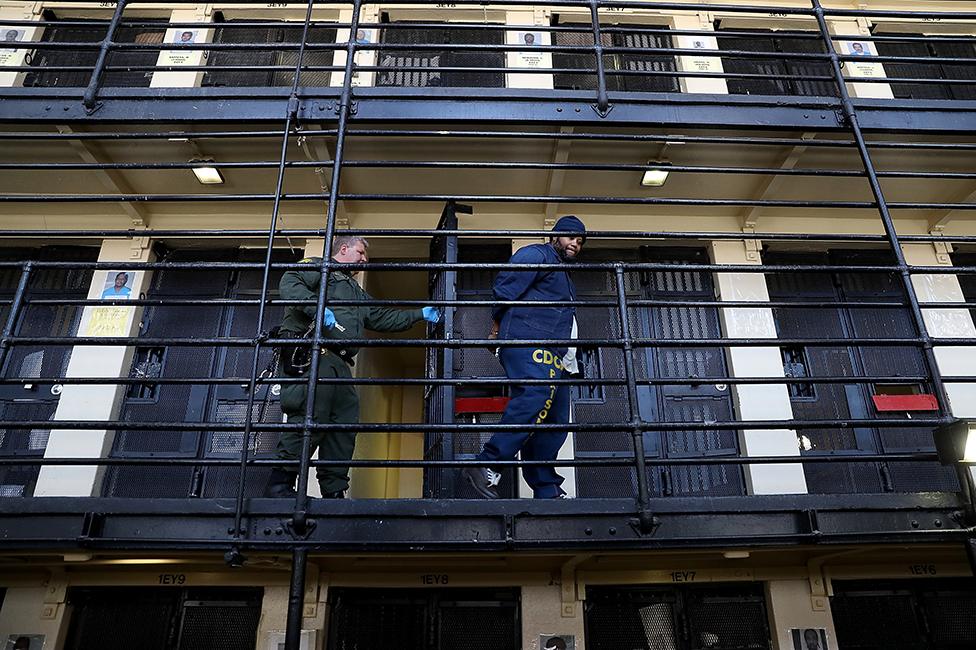
Neither can prisoners (except in Maine and Vermont) or people without a government-issued photo ID.
Jehovah Witnesses choose not to vote in presidential elections for religious reasons.
Find us on Instagram at BBCNewsbeat, external and follow us on Snapchat, search for bbc_newsbeat